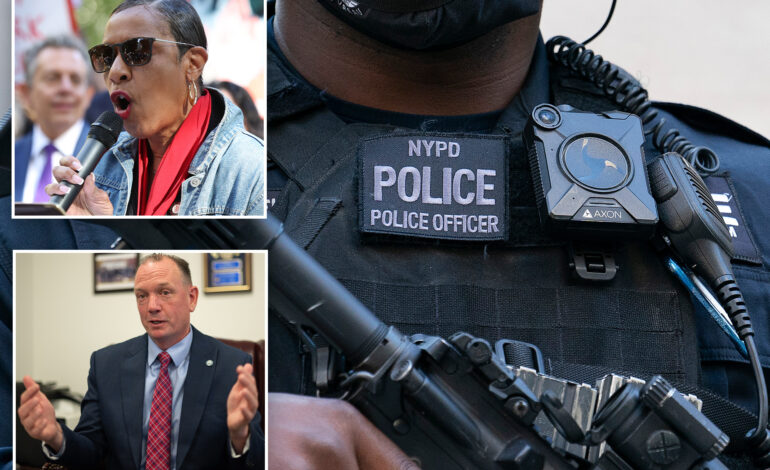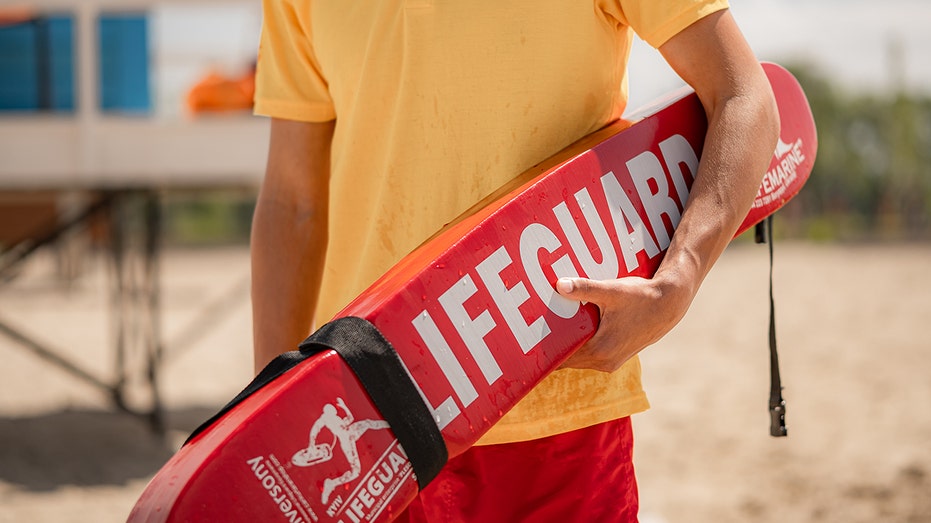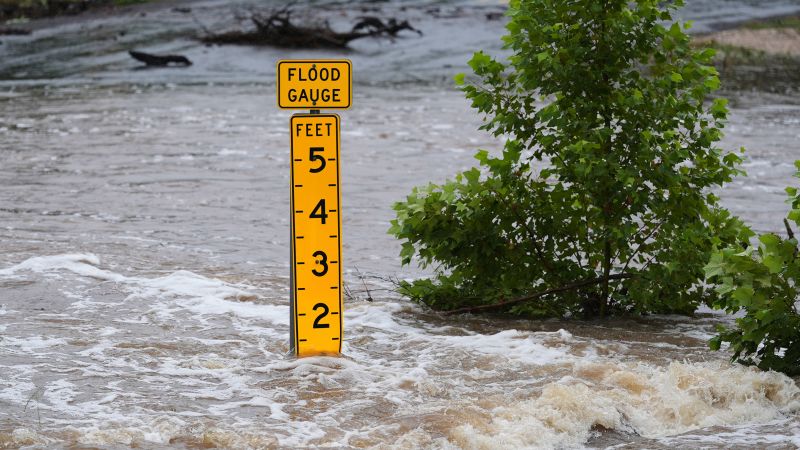NYC Lawmakers Propose Direct Access to NYPD Bodycam Footage

New York City lawmakers are deliberating on a bill that would grant the Civilian Complaint Review Board (CCRB) direct access to police body camera footage. This proposed legislation, introduced by City Council Speaker Adrienne Adams, aims to enhance the CCRB’s ability to investigate allegations of police misconduct and brutality. However, the measure has sparked significant opposition among police officers, who express concern over its potential implications for their work.
If enacted, this legislation would be the first of its kind in the United States. It seeks to provide the CCRB with real-time access to video from body-worn cameras, a move that supporters argue would expedite the review process for complaints against police officers. The bill is currently under consideration by the council’s Committee on Public Safety, where it faces challenges in garnering sufficient support.
Opponents of the bill, including Patrick Hendry, President of the NYPD Police Benevolent Association, have voiced strong objections. Hendry stated on social media platform X that such initiatives contribute to police officers leaving the force. He emphasized the difficulties of working within a system where individuals without a comprehensive understanding of law enforcement operations can scrutinize officers’ actions in real time.
“Bills like this are a major reason cops are quitting in droves,” Hendry remarked. He urged city council members to consider the safety implications of supporting this legislation, warning that it may lead to a decrease in police presence on the streets.
The NYPD’s leadership has also expressed skepticism regarding the feasibility of the proposal. Michael Gerber, the NYPD Deputy Commissioner of Legal Matters, indicated that implementing such a measure could encounter significant logistical challenges. He pointed out that similar laws do not exist nationwide, which may lead to unforeseen legal obstacles. Gerber stated that the timeline for any implementation could extend “not measured in days, weeks and months, but years.”
The push for greater transparency in police operations follows a report from the city comptroller released in November 2023, which highlighted deficiencies in the NYPD’s oversight of body camera footage. The report revealed that only 47% of body cameras were activated during a limited review period, raising concerns about accountability. Additionally, it noted that the NYPD’s response times to requests for body camera footage under the state’s Freedom of Information Law (FOIL) were significantly delayed. While the law mandates responses within 25 business days, the average response time for the NYPD was reported at 133 days, with only 15% of the 5,427 FOIL requests receiving timely replies.
Supporters of the bill argue that direct access to body camera footage is essential for improving the efficiency of the CCRB’s investigations. They believe that timely access to evidence will foster greater accountability within the police department.
As the bill remains under consideration, its future is uncertain. Without additional support from council members, the proposal may face prolonged delays in moving forward. The debates surrounding this legislation reflect broader discussions about police accountability and community safety in New York City.






